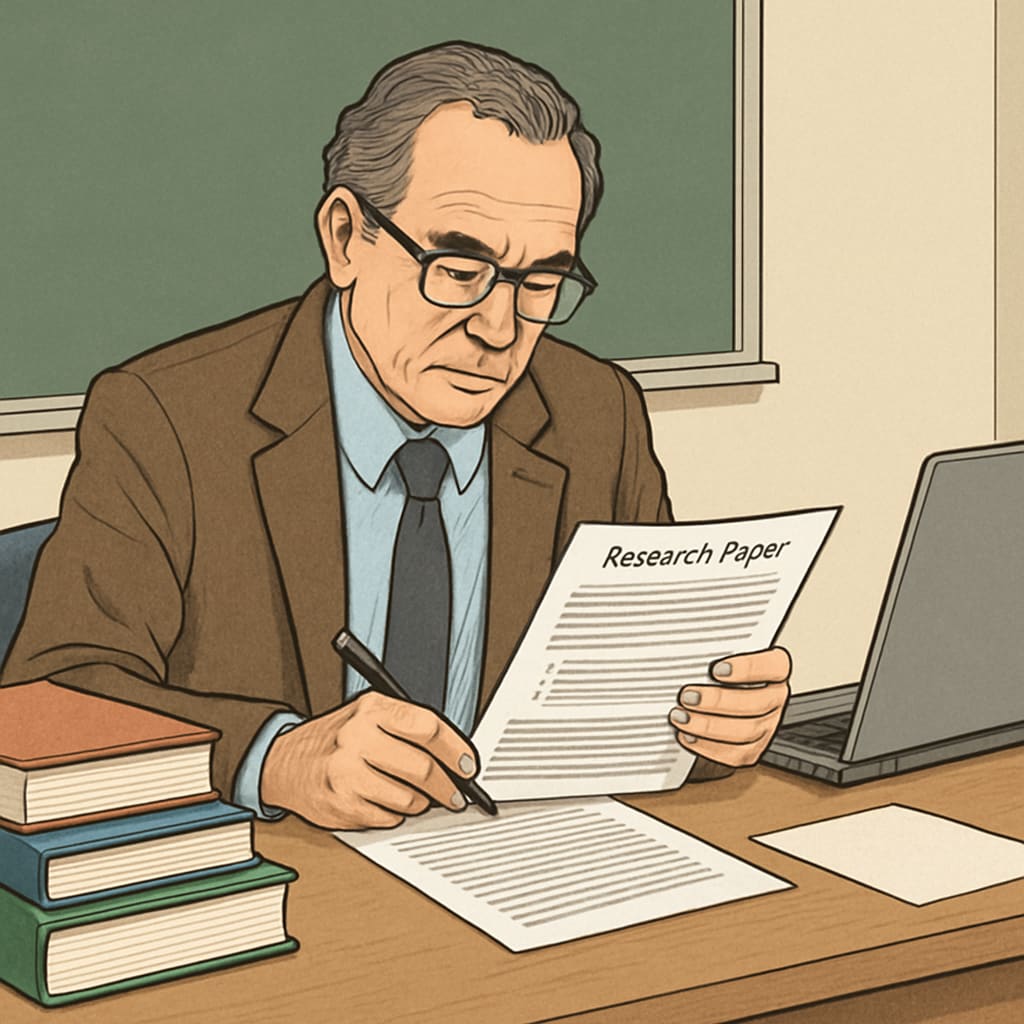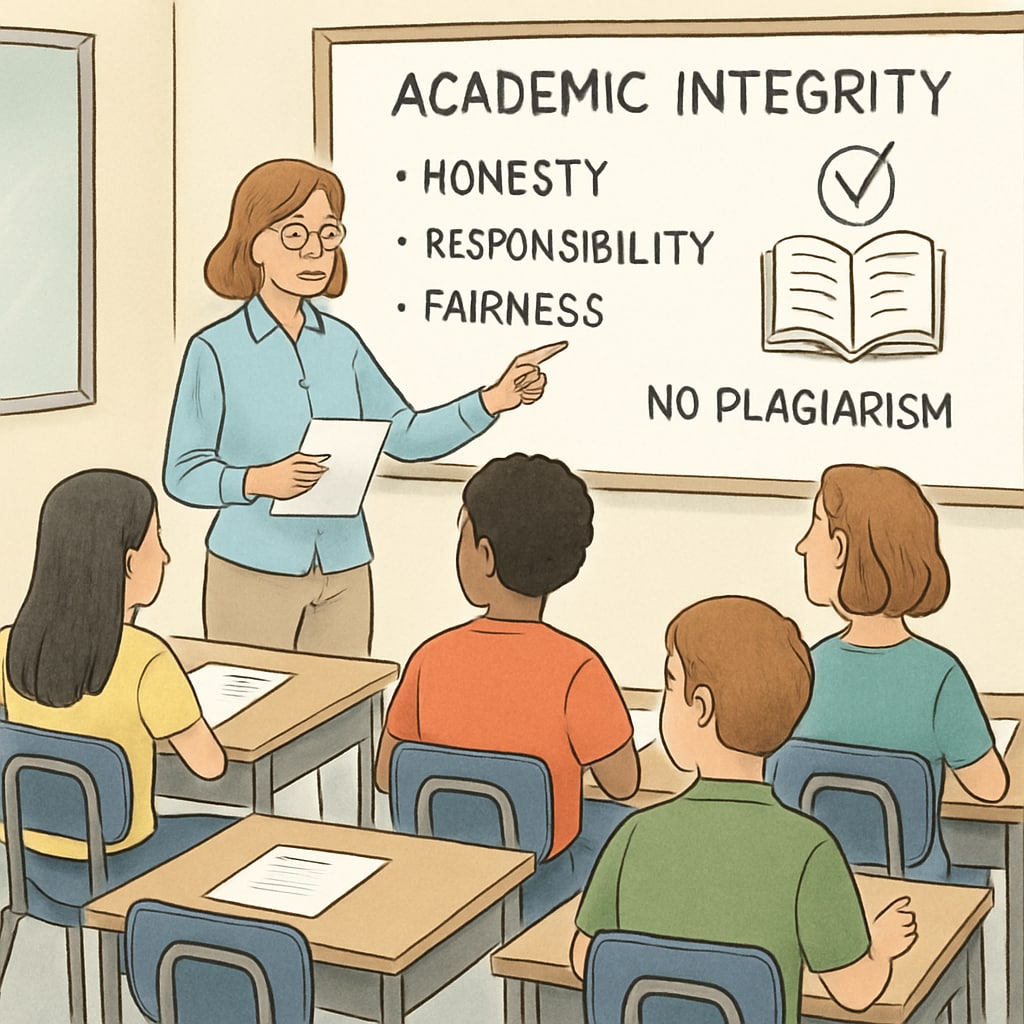When a professor accuses a student of plagiarism, it often sparks debates about academic integrity, fairness, and accountability. While the intention behind such allegations is to uphold ethical standards, the process can sometimes be flawed. These accusations can arise from various factors, including miscommunication, misunderstandings, or systemic academic pressures. Addressing these causes is essential in promoting a balanced and transparent academic environment.

What Drives Plagiarism Accusations in Academia?
Plagiarism accusations often stem from professors’ efforts to maintain academic integrity. However, several underlying factors can contribute to these allegations, including:
- Misinterpretation of Originality: Professors may misjudge students’ work as plagiarized due to formatting errors or insufficient citations.
- Reliance on Detection Software: Tools like Turnitin are invaluable but prone to false positives, leading to unwarranted accusations.
- Implicit Bias: Unconscious biases regarding certain students or groups can influence professors’ perceptions.
- Pressure to Uphold Standards: Academic institutions emphasize integrity, sometimes pressuring educators to enforce strict measures.
These factors highlight the complexity of plagiarism accusations, emphasizing the need for careful evaluation before taking disciplinary action.
Addressing Miscommunication and Misunderstanding
Miscommunication plays a significant role in plagiarism disputes. For instance, a student might lack clarity on what constitutes plagiarism, while a professor might not fully explain their expectations. These gaps can escalate into allegations.
To mitigate this, institutions should prioritize:
- Comprehensive Education: Providing workshops on proper citation methods and academic writing can empower students to avoid unintentional plagiarism.
- Open Dialogue: Encouraging professors and students to discuss concerns fosters mutual understanding and reduces conflicts.
For more on plagiarism education, visit Britannica’s guide on plagiarism.

The Role of Academic Institutions in Ensuring Fairness
Institutions play a pivotal role in resolving plagiarism disputes by ensuring fairness and impartiality. Implementing transparent policies and fair review processes can prevent unnecessary harm to students’ academic reputations. Some strategies include:
- Panel-Based Reviews: Establishing committees to review cases ensures balanced decision-making.
- Appeal Mechanisms: Allowing students to challenge accusations provides a platform for fair evaluation.
- Training for Faculty: Equipping professors with tools to identify plagiarism accurately reduces errors.
By focusing on these measures, institutions can create a supportive environment for both educators and learners.
Moving Toward a Collaborative Future
While plagiarism accusations aim to uphold academic standards, their implications should be carefully considered. Misjudged allegations can damage students’ futures and strain professor-student relationships. A collaborative approach—where professors, students, and institutions work together—can foster trust and mutual respect.
For a broader perspective on academic integrity, visit Wikipedia’s entry on academic integrity. By addressing the root causes of plagiarism accusations, academia can evolve into a more inclusive and understanding space for all stakeholders.
Readability guidance: The article emphasizes accessible language, concise sentences, and balanced perspectives. It includes actionable insights and external references for further exploration.


